Mary Rusciano, the owner of a popular pizzeria, tackles the growing crime wave differently.
The key is that we keep barely anything in stock, and inventory is at a minimum, she told Axios D.C., a Washington-based news site. „We try not to keep too much cash on hand. I’d rather give away a pizza than risk having cash on the premises,” she added.
Aaron McGovern, a longtime operator of many restaurant locations, recently closed all of his businesses, citing crime as a top factor.
After losing tens of thousands of dollars to burglaries and having his employees assaulted, he decided that shutting down his venues is the cheaper solution.
However, according to Donna Redman, executive director of business affairs at Whole Armour Executive Protection and Security Services, the spike in violent crime has helped her business immensely.
The private security agency has built a solid reputation providing services to splashy events like the mayor’s inaugural ball, but by now, policing stores and streeteries has become the major source of their revenue.
„We went from managing crowds to preventing crime,” he said,
Whole Armor charges around $25 and $45 an hour per security officer, depending on the restaurant’s volume and whether they’re armed.
DC regulations restrict what security personnel can do. They can only stay inside private premises and can only "prevent” crime by door checks and scanning crowds and patios for suspicious activity or inebriated guests. What happens on public streets is Metropolitan Police Department (MPD) territory. Unarmed guards may escort staff to their cars or Ubers if it’s late, but "there’s only so much we can do,” Redman says.
Cover photo: Illustration (Photo: Daniel Tadevosyan)
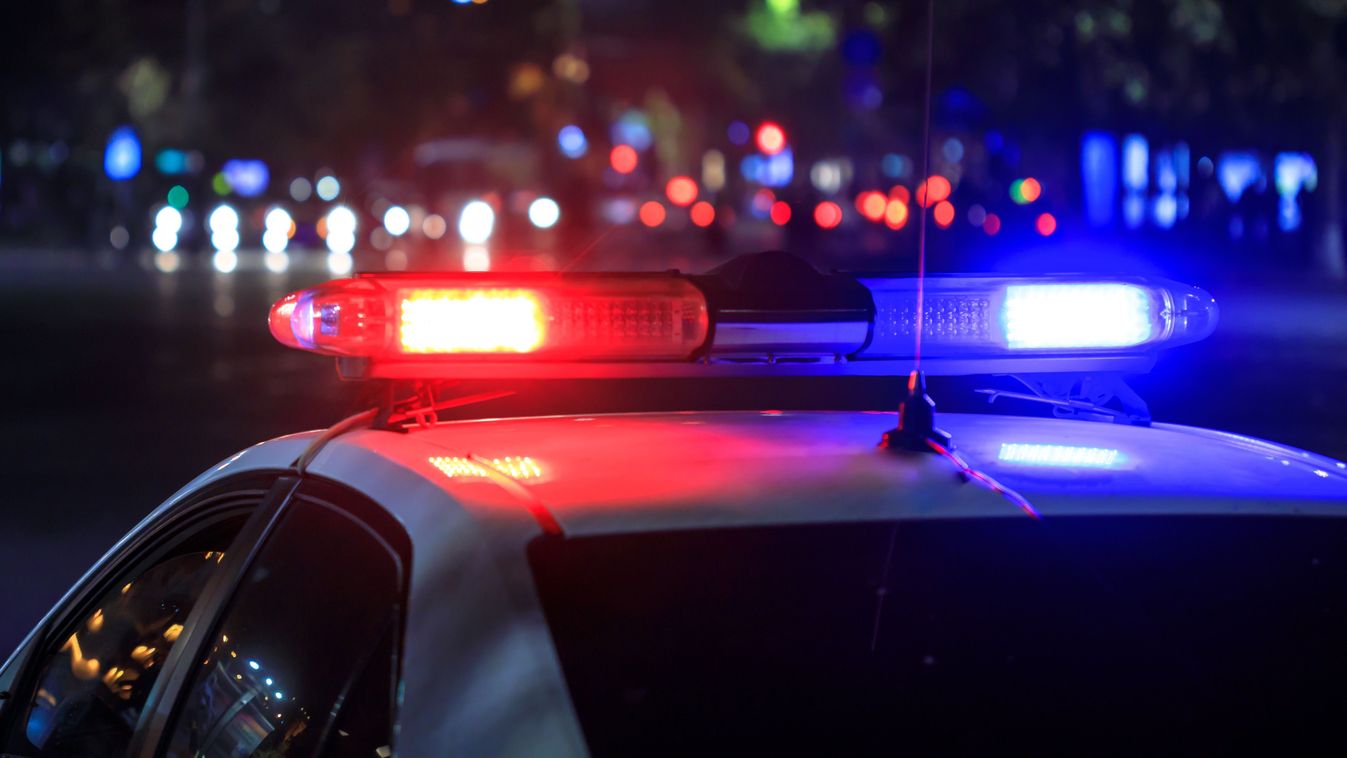

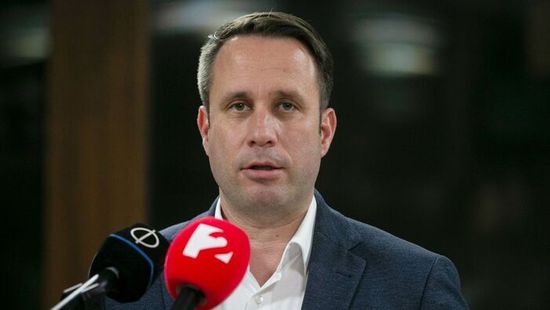





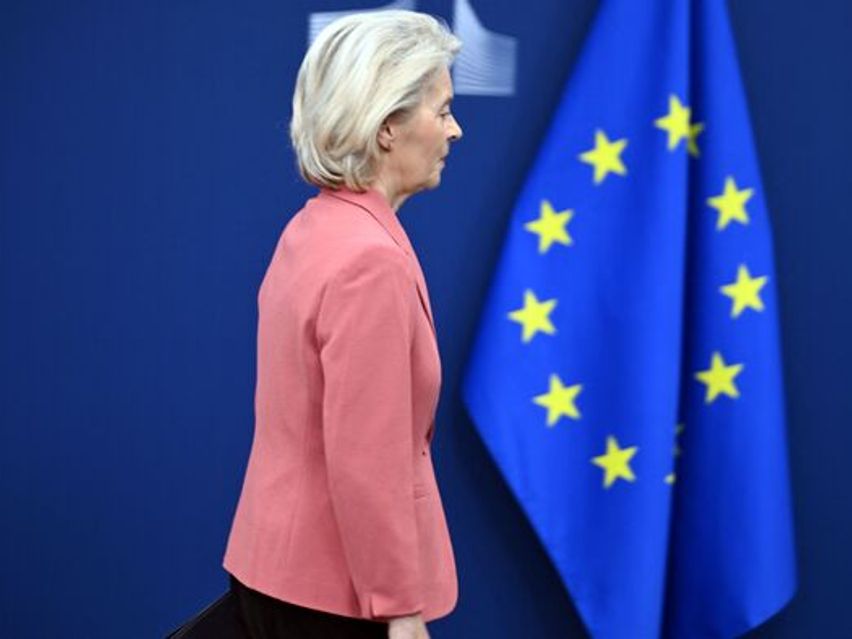



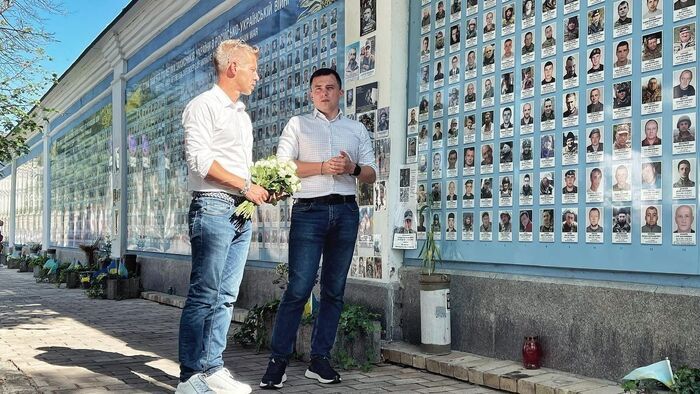
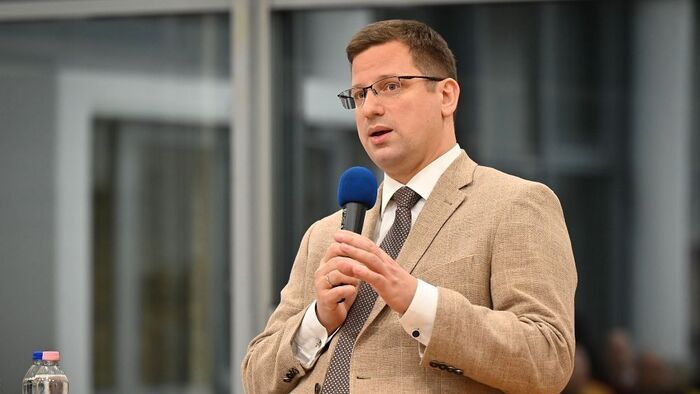

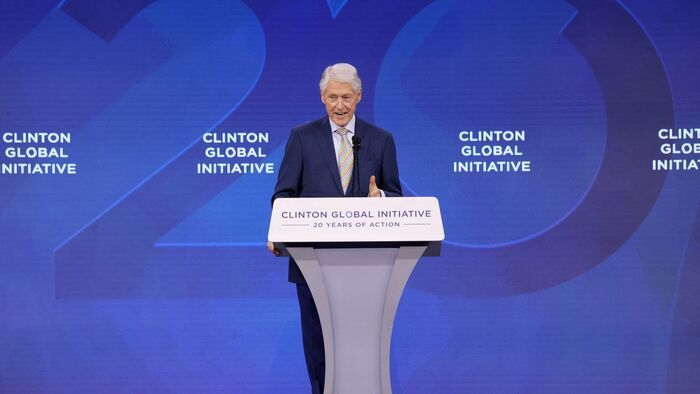
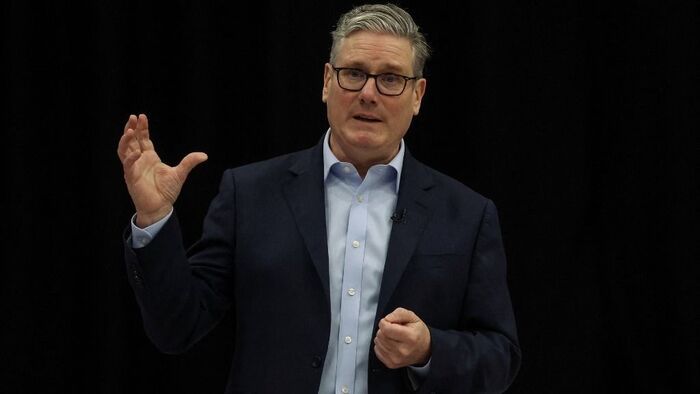
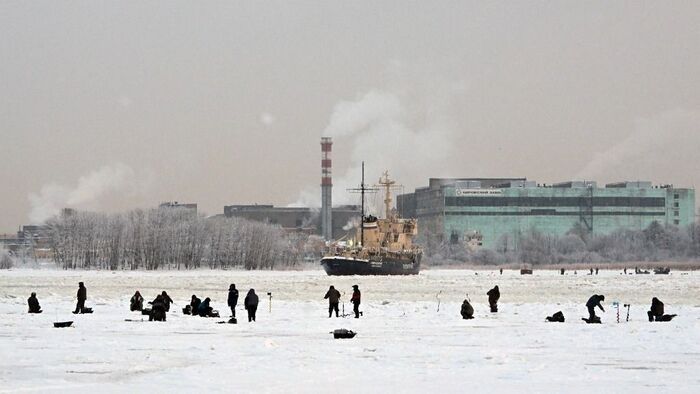

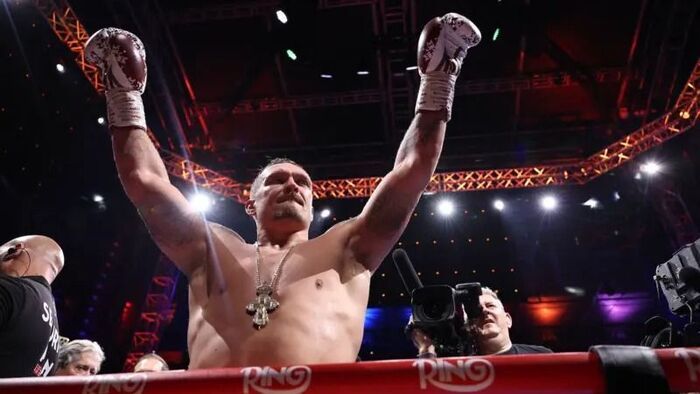



Szóljon hozzá!
Jelenleg csak a hozzászólások egy kis részét látja. Hozzászóláshoz és a további kommentek megtekintéséhez lépjen be, vagy regisztráljon!